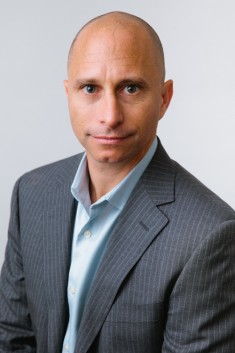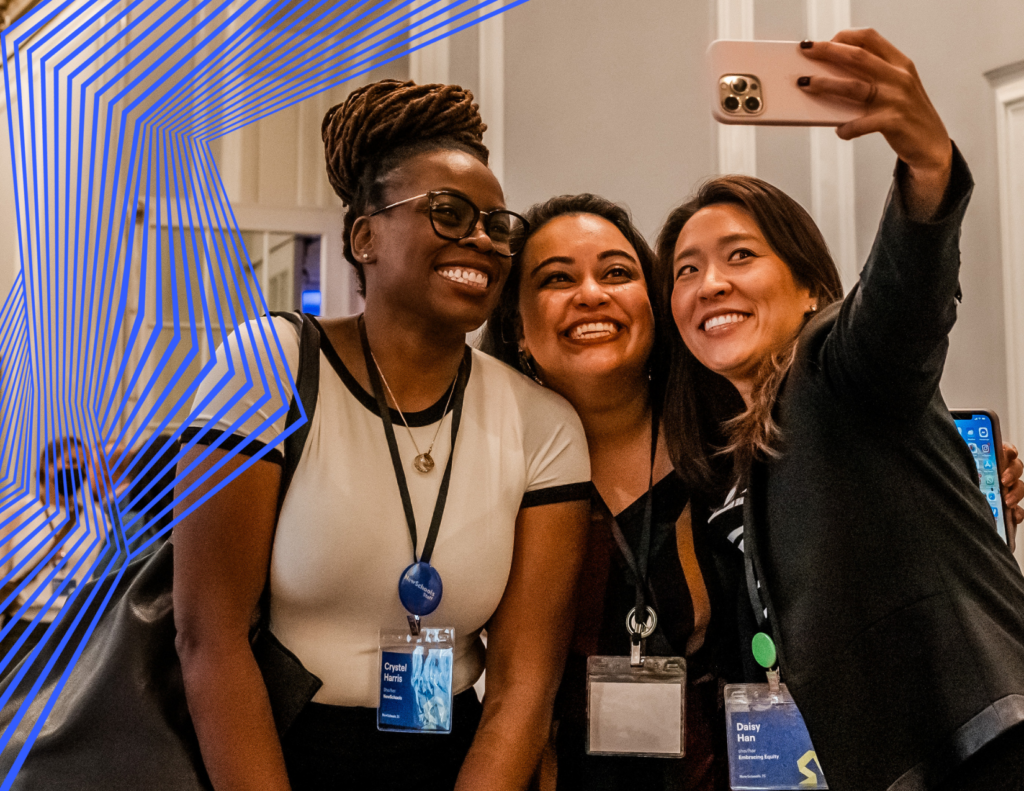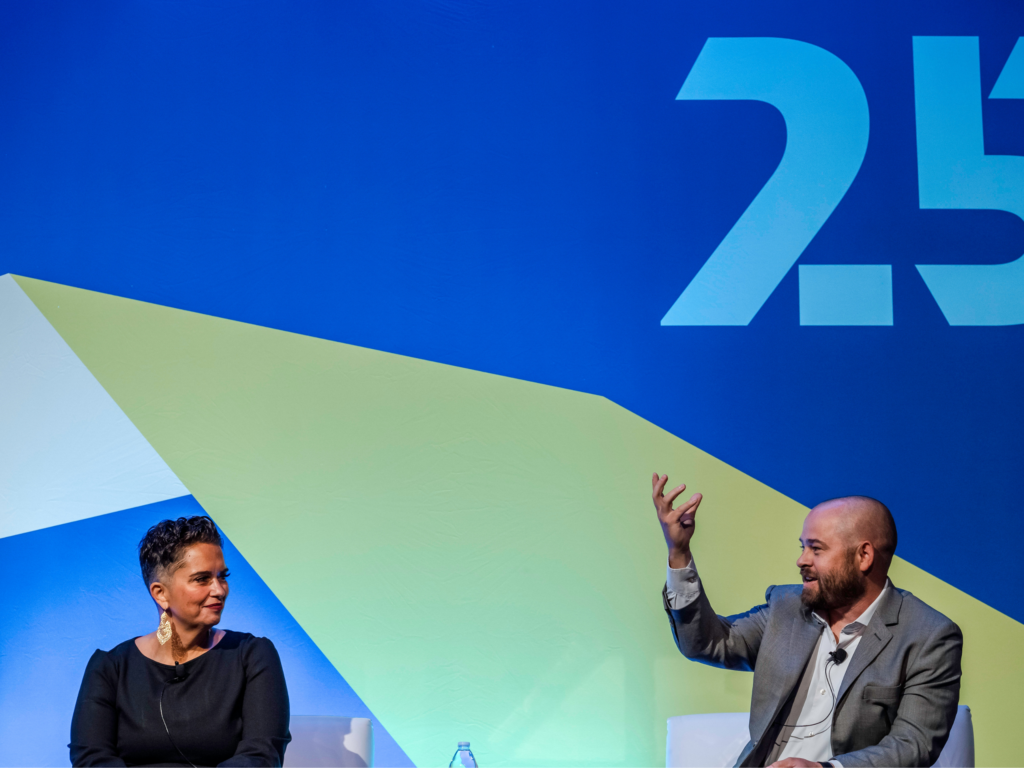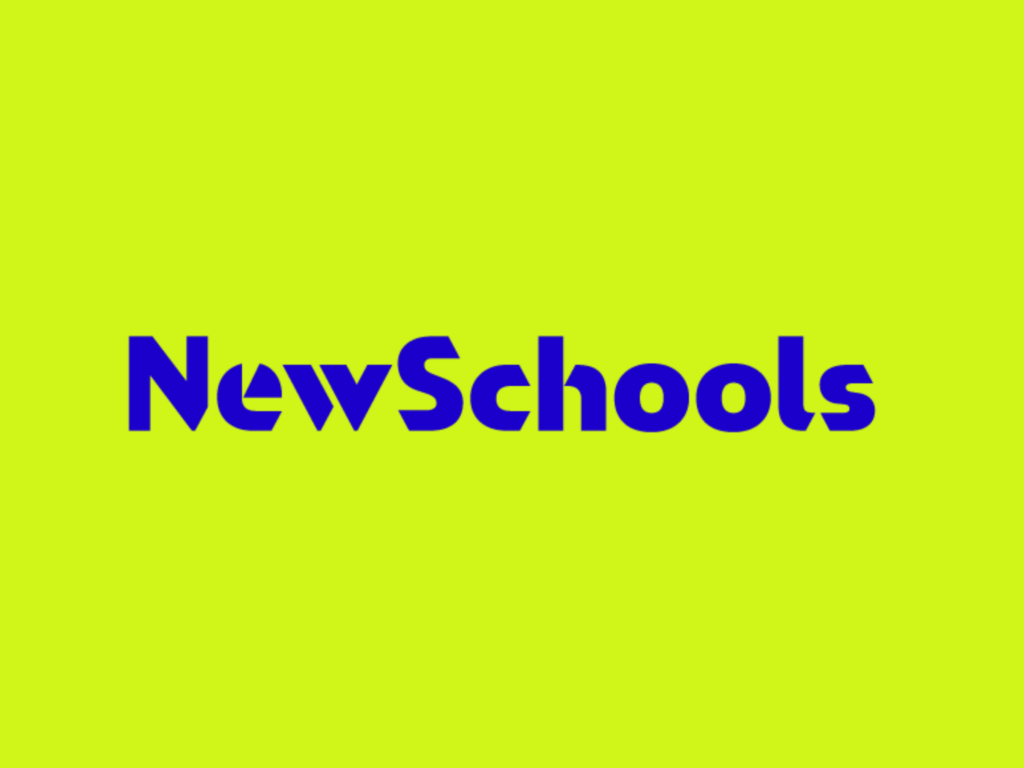The NewSchools Summit is coming up on May 6, 2015. Leading up to it, we are featuring conversations with some of our exciting presenters. Today we’re featuring Michael Petrilli, the president of the Thomas B. Fordham Institute, a research fellow at Stanford University’s Hoover Institution and executive editor of Education Next. At Summit, Michael will be moderating a session called “Preparing Students to Achieve their Aspirations: Supporting Multiple Pathways,” featuring Sehba Ali from KIPP Houston, Rashid Davis from Pathways in Technology Early College High School, and Dr. Tameka McGlawn of ConnectEd.
Arielle Kinder from our Innovative Schools team sat down with Michael to ask him a few questions.

Is this discussion going to reopen the question of whether all students should have the opportunity to go to a four-year college?
I hope so! The question isn’t whether we should aspire to help all students, by the end of high school, to be ready for a four-year college. That’s a fantastic goal. But it’s also utopian. As a nation, we’ve never gotten more than forty percent of 12th graders to the “college ready” level. For low-income children it’s much less than that. So yes, we in education reform should continue to push to get dramatically more students—and especially poor students—ready for college. But we’re not going to get “all” students there anytime soon.
What are some of the more innovative approaches that schools are implementing for students who know a four-year college is not an option for them?
The best approaches tend to think “9-to-14.” They are schools that start with students in the ninth grade, introducing them to a career or technical area while helping them finish their core academics. They get the teenagers engaged in real work, at real workplaces. And they seamlessly transition students into associate’s degree or industry-credential programs in community colleges. By age 20, students are ready—academically, vocationally, socially—to succeed in a family-supporting career.
How do we keep the expectations high for students who pursue a different path than a four-year college?
Students pursuing a career & technical education should face the same expectations as those pursuing a traditional college-prep path. The state’s high school graduation requirements—especially the passage of a graduation exam—should be equivalent for both groups. But the delivery of the core academic content should vary, and states should be careful not to make CTE impractical.
Curious to learn more? Follow Michael on Twitter to learn more about his work.
Check out www.nsvfsummit.com for the latest updates on our agenda.


